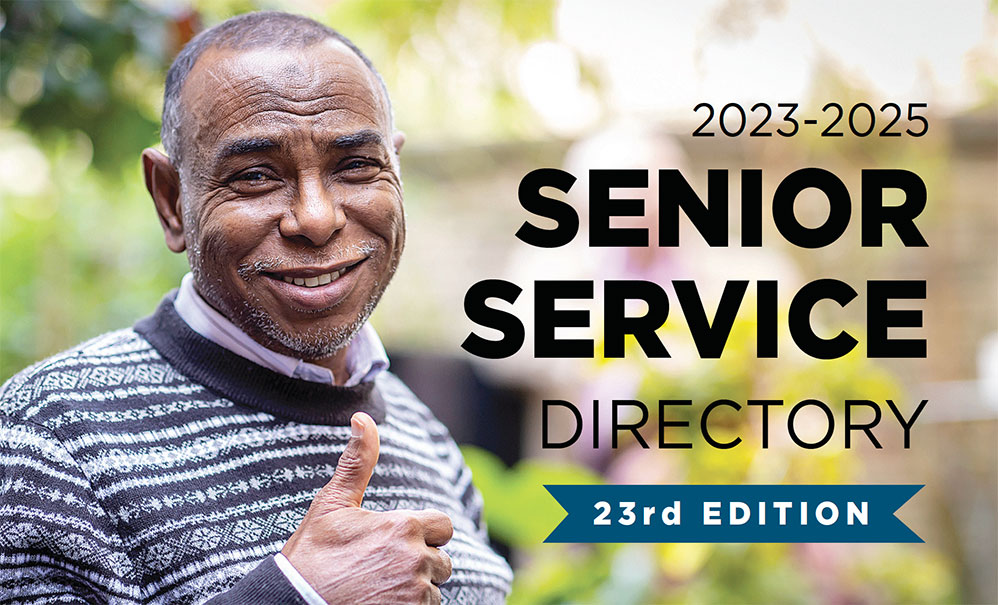
Long-Term Care Insurance
Long-term care insurance covers some or all of the costs of nursing home care. Some policies also cover care provided at home or services provided in the community, such as adult day programs and assisted living. The length of care and payment per day varies by policy. Cost-of-living increases on the daily benefit should be included if available and affordable. Some offer a care-management benefit–a trained professional who works with an individual or family to find needed services.
Long-term care insurance is not necessary for everyone. Some people have sufficient funds to cover nursing home care or in-home services; for others, the cost of the premium outweighs the benefit. Under some conditions, the premiums are tax-deductible as a medical expense.
Discuss with an insurance agent, an elder law attorney, or a financial counselor whether long-term care insurance is prudent. If one cannot afford a policy, call Legal Aid of East Tennessee to discuss options.
Long-Term Care Partnership (LTCP) Program
The Tennessee Long-Term Care Partnership (LTCP) program, allows people who buy LTCP-approved long- term care insurance policies to qualify for Medicaid and still exempt forever a sizable portion of their assets from spend down.
The program encourages individuals to buy long-term care insurance to reduce the government’s financial burden for nursing facility care. The incentive for policy holders is that for every dollar paid by the policy for care, they are allowed to keep a dollar of countable assets and still qualify for Medicaid. The exempted assets are not a factor for Medicaid eligibility or estate recovery after death. For more information, go to the TN Department of Commerce and Insurance website, tn.gov/commerce.
Other Types of Publicly Supported Programs
Sources of public support that supplement income for eligible older adults include SNAP (food stamps), housing assistance, property tax rebates, and the Low Income Home Energy Assistance Program (LIHEAP). Veterans, their widows or widowers, or their parents with limited income, may be eligible for benefits. Contact Veterans’ Affairs for information.
One must apply to receive benefits from the programs listed above. Application information is included in the directory listing for each program The Savings Check Up program from the CAC Office on Aging can do a quick screen to see which money-saving programs Individuals might be eligible for, and can provide application assistance when needed.
Call (865) 546-6262 for assistance.